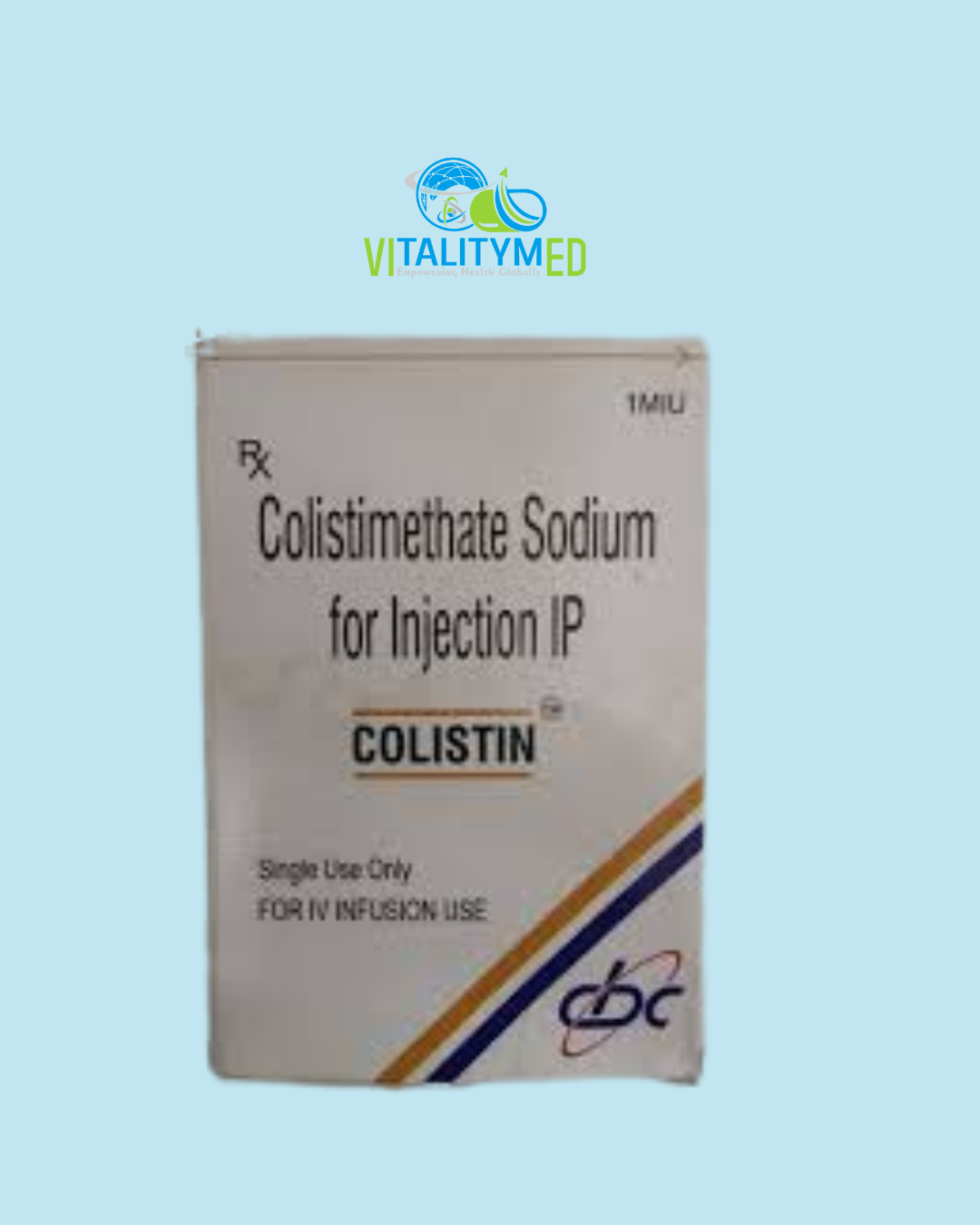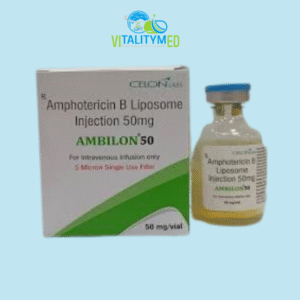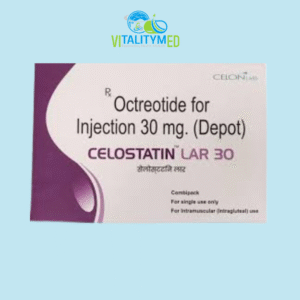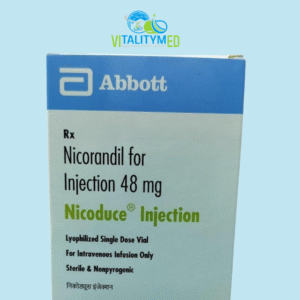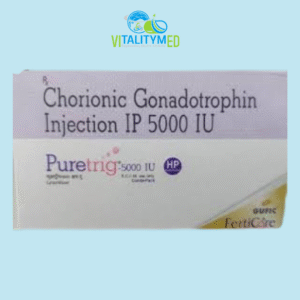Colistin, also known as colistimethate sodium, is a polymyxin-class antibiotic used for treating severe infections caused by multidrug-resistant Gram-negative bacteria. Though discovered decades ago, it has regained importance in modern medicine due to the rising challenge of antibiotic resistance, especially in intensive care settings.
Mechanism of Action:
Colistimethate is an inactive prodrug that gets converted in the body to colistin (polymyxin E), which is the active form. It works by:
-
Binding to the outer membrane of Gram-negative bacteria
-
Disrupting the structure of lipopolysaccharides and phospholipids in the bacterial cell membrane
-
Increasing membrane permeability, leading to leakage of intracellular contents and bacterial cell death
Uses:
Colistimethate is typically reserved for serious infections when other antibiotics have failed. It is used in the treatment of:-
Ventilator-associated pneumonia and hospital-acquired pneumonia
-
Septicemia due to multidrug-resistant organisms
-
Urinary tract infections and intra-abdominal infections caused by resistant bacteria
-
Cystic fibrosis patients (inhaled form) with chronic Pseudomonas infections
-
Bone and joint infections in select cases
Adverse Effects:
While effective, colistimethate can cause significant side effects:Common side effects:
-
Nephrotoxicity (kidney damage) marked by reduced urine output or elevated creatinine
-
Neurotoxicity, which may show as dizziness, confusion, muscle weakness, or numbness
-
Respiratory irritation with the inhaled form
-
-

